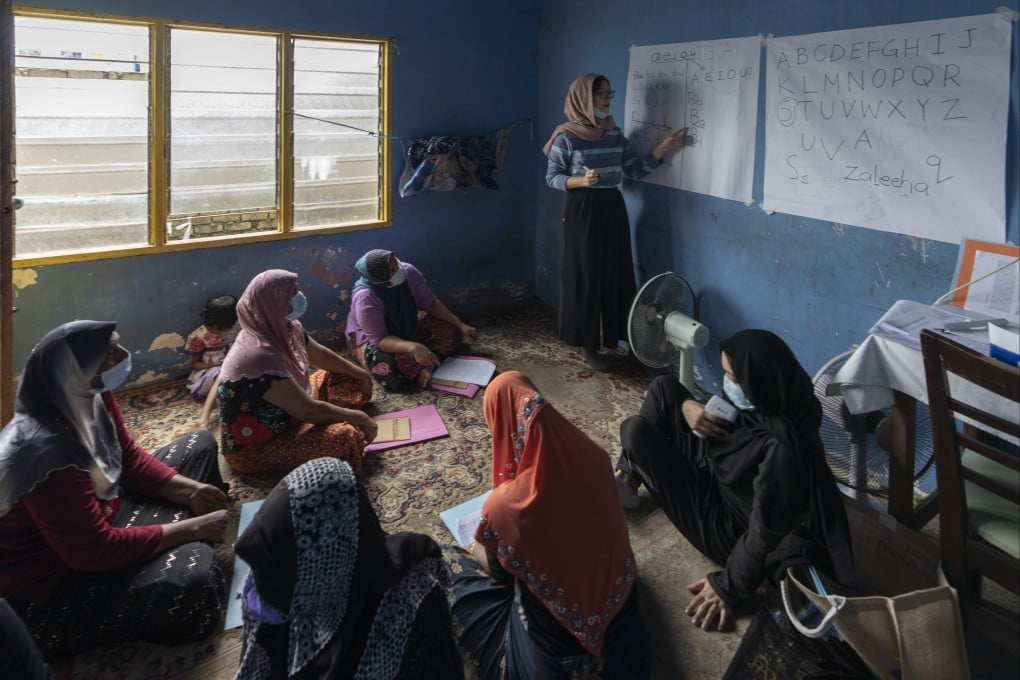Malaysia’s plan to give refugees its worst jobs amounts to a human rights ‘facade’: activists
- A proposal to allow UN-registered refugees to work – but only in ‘dirty, dangerous, difficult’ jobs – reveals the state’s lack of empathy over their plight, advocates say
- These 3D jobs span sectors including manufacturing, mining and construction, and draw a low uptake among locals due to the poor pay and social stigma

Malaysia is not a party to the 1951 Refugee Convention or its Protocols, and currently has no legislative or administrative framework for dealing with refugees.
At present, Malaysian law also bars registered refugees from accessing formal employment, forcing them to seek employment in the informal sector, which exposes them to abuse and exploitation.
These jobs span sectors including manufacturing, mining and construction, and draw a low uptake among locals due to the poor pay and social stigma. Instead, they are mainly dependent on migrant workers.
“The plan is being scrutinised so that it will not pose competition to local talents and does not become a pull factor for foreigners to misuse UNHCR status,” Special Functions Minister Armizan Mohd Ali said in a written response to parliament in response to a question.